Will Russia ever experience democracy?
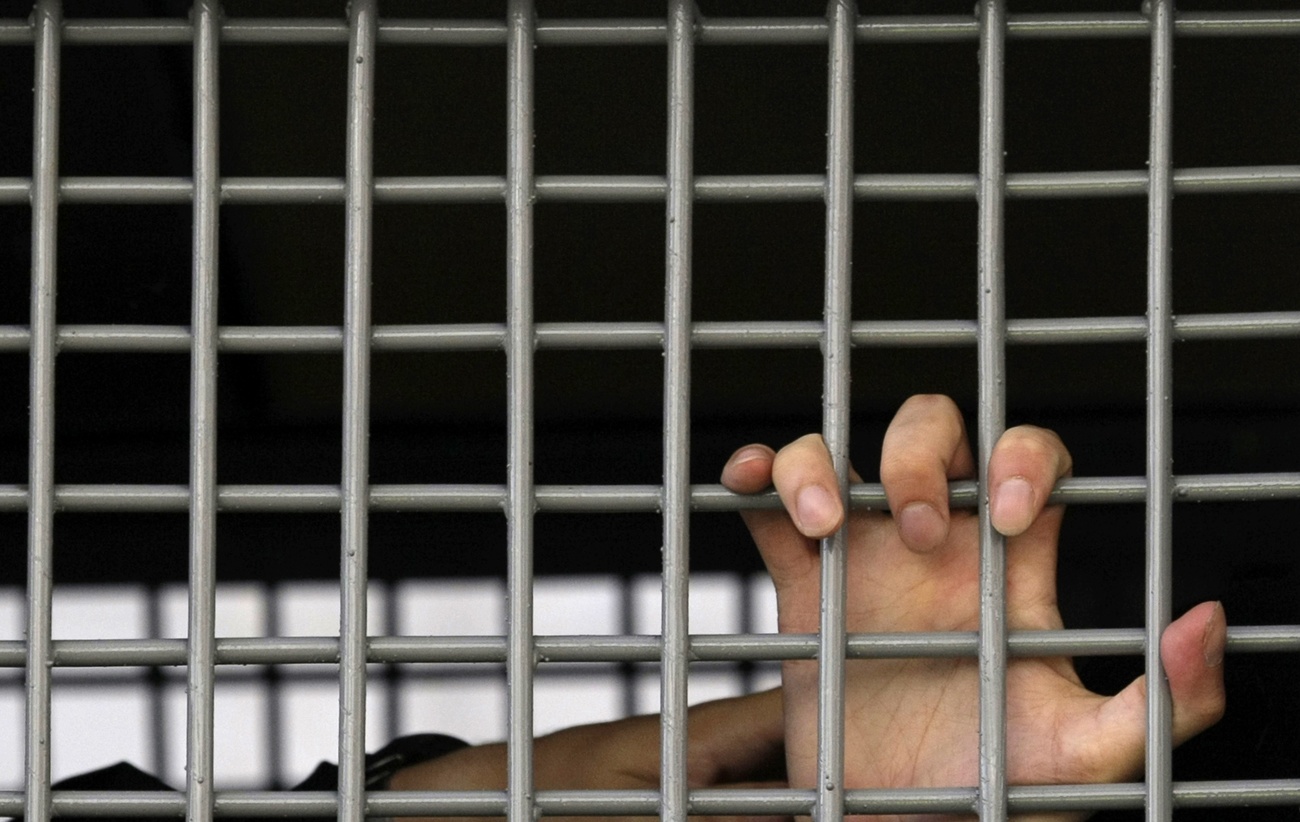
Russia’s war in Ukraine has pushed Kyiv closer to Europe, the West and democracy. But what path will Russia choose? Is there still a chance for it to move towards democracy and away from an increasingly rigid dictatorship?
When Dmitry Medvedev served as Russian president from May 2008 to May 2012, Western governments, including Switzerland, had high and somewhat naive hopes that Russia would embark on a controlled process of democratisation. They believed in Medvedev’s motto “Being free is better than not being free” and expected Russia to follow the path towards democracy. But the protests at Moscow’s Bolotnaya Square the day before Vladimir Putin’s third presidential inauguration in 2012 were a clear sign that those hopes were indeed naive.
Once Putin had regained the presidency, he took several steps towards making the government more autocratic. These included the 2020 constitutional amendment that allowed him to ignore term limits and continue in office beyond 2024, the assassination attempt on Kremlin critic Alexei Navalny, the gradual elimination of what was left of local self-government structures, the total censorship of the media, the repression against so-called system liberals in the government, and finally the aggression against Ukraine. In retrospect, these were not just random events; they were deliberate preparation for the war which Russia is now waging.
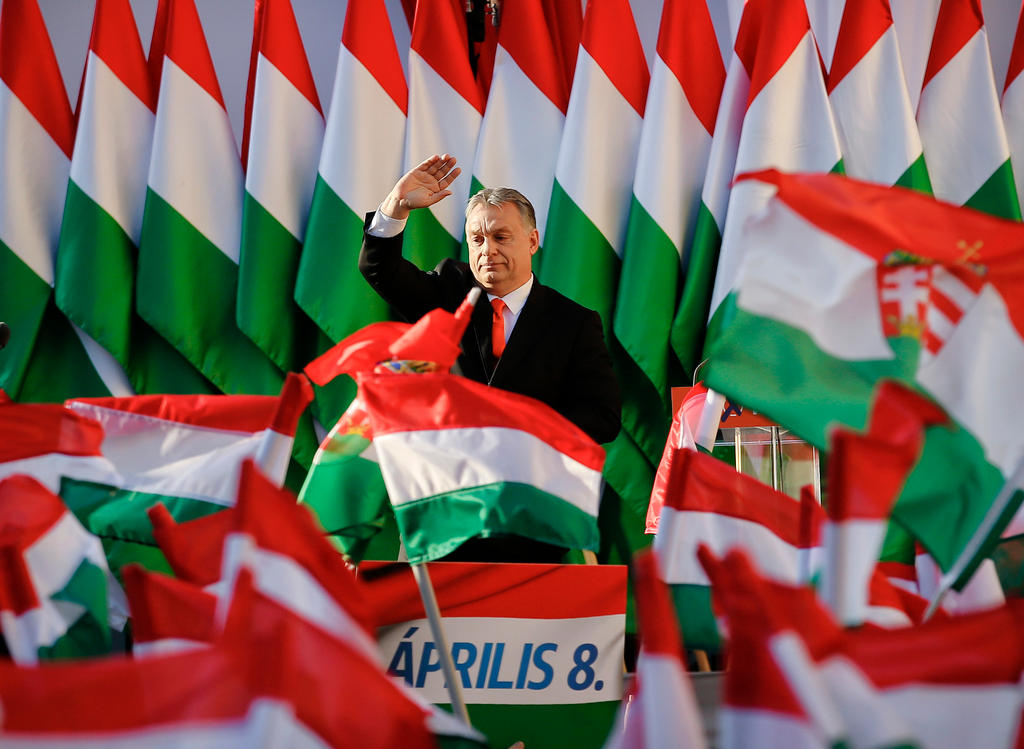
More
The ‘third wave’ of autocratisation and the dangers to democracy
Siege mentality
“The Kremlin has managed to create a siege mentality among the Russian people,” says Ulrich Schmid, a Swiss academic and lecturer on Slavic studies. “Three out of four Russians believe that [defence alliance] NATO is their enemy. Putin’s repeated attempts to challenge the US hegemony have also been met with wide public support. The intimidation of Russian society has been successful because there are no political alternatives to Putin. The only two politicians who could have mobilised the people are either dead like Boris Nemtsov or in prison like Alexei Navalny.”
Schmid believes that Russia’s imperial thinking is a big part of the problem. “Unfortunately, in Russia imperialism is seen as a trump card that wins all tricks,” he says. “Even though Russia’s role as a superpower is destructive for its own people and the world, some liberal members of the country’s opposition party are still reluctant to abandon the idea of imperialism. One possibility to change it is to strengthen Russia’s federalism.”
Since the collapse of the Soviet Union the development in neighbouring Ukraine has been more positive.
“Unlike in Russia there was no powerful individual who used to be in the secret service and abused the weakness of the political system to gain power [like Putin],” explains Benjamin Schenk, professor of Eastern European History at the University of Basel. “Hence the various media outlets owned by competing oligarchs have never been broken up in Ukraine, providing, until recently, an impressive pluralism of opinions.”
In addition, civil society in Ukraine has had the freedom to develop over the past 20 years, which was not possible in Putin’s Russia. Ukraine’s close relationship with central and western Europe, and the fact that in 2017 visas were no longer required for Ukrainians to enter the Schengen Area, also contributed to the country’s Western-inspired development. Many Ukrainians hoped that they would soon be able to participate in the European Union in one way or another.
West Germany’s economic miracle
Schenk points out that in post-war Germany the Allies in the western-occupied zones forced the idea of democracy upon the people – but not in Russia after the collapse of the Soviet Union.
The Marshall Plan, other reconstruction schemes and the establishment of the European Economic Area were the basis of the “economic miracle” in the young Federal Republic, he says. Such schemes were not established in Russia after the collapse of the Soviet Union in 1991. Schenk thinks this is one reason why democracy never got off the ground in Russia.
Ulrich Schmid agrees but sees some opportunities for Russia in the future. “After the Second World War the Germans were forced to join the Western project and its human rights, democracy and tolerance,” he says. “This was only possible because Germany capitulated and was occupied by Western powers. There is no doubt that Russia will have to take responsibility for its war crimes, but this will only be possible once Putin is gone.”
At some point, Russia and Ukraine will enter a post-war era, but their starting positions will be very different. While in Ukraine Russia’s aggression and international solidarity have strengthened the people’s support for a free and democratic society, most Russians who lean towards democracy have left the country since the start of the war.
So what does Russia have to do to become more democratic? Schmid has a long to-do list: “Press freedom that enables journalists to denounce abuses of power, an independent judicial system that guarantees legal certainty, and an alert civil society that refuses to be brain-washed by propaganda.
For his part, Schenk blames the West for its failure to support Russia. “We could and should have done much more to promote Russia’s democratisation process. We could have provided comprehensive economic assistance such as student exchange programmes and town-twinning schemes and abolish visa requirements for Russians,” he says. “What’s more, Western governments should have refused to take Russian oligarchs’ money and invest it in their own countries. This was an act of self-interest.”
However, when it comes to Russia’s democratic future, Schenk is convinced the know-how is there. “Russian civil society experts know very well what Russia needs – they don’t need any advice from me.”
Translated from German by Billi Bierling

In compliance with the JTI standards
More: SWI swissinfo.ch certified by the Journalism Trust Initiative
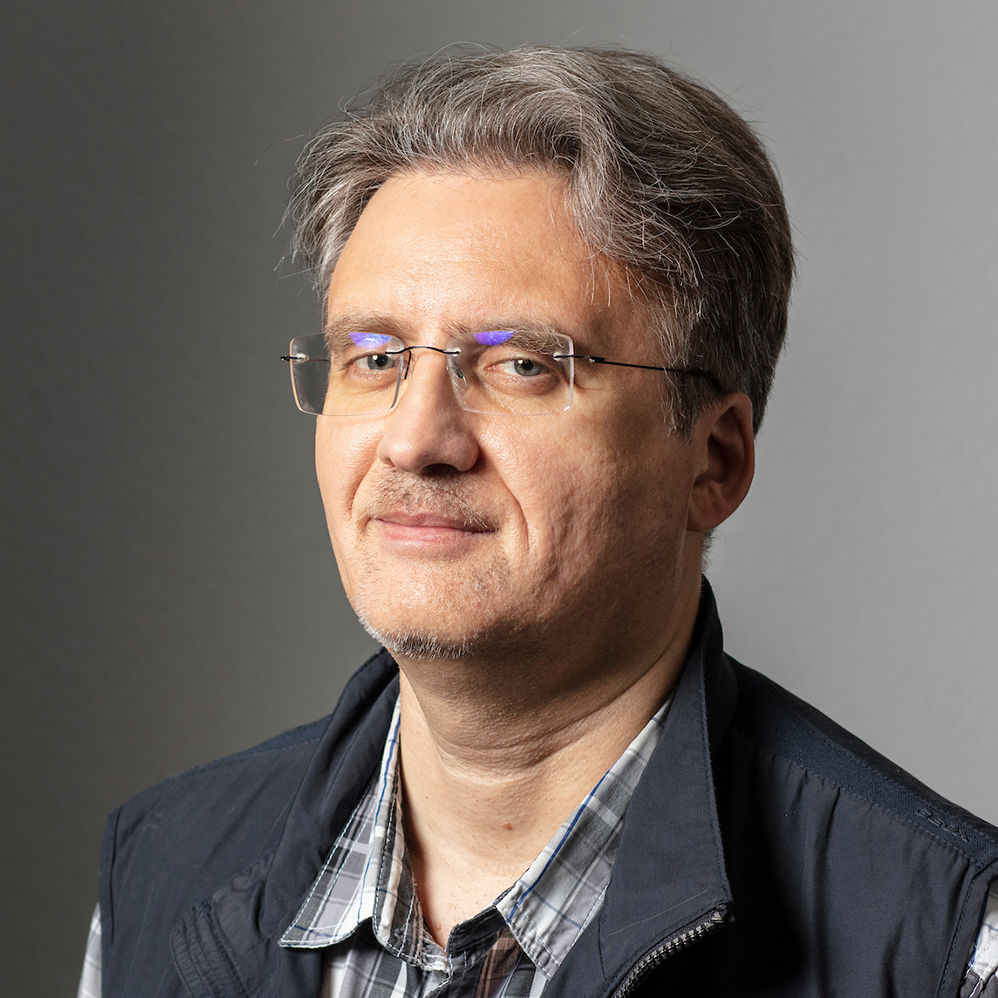
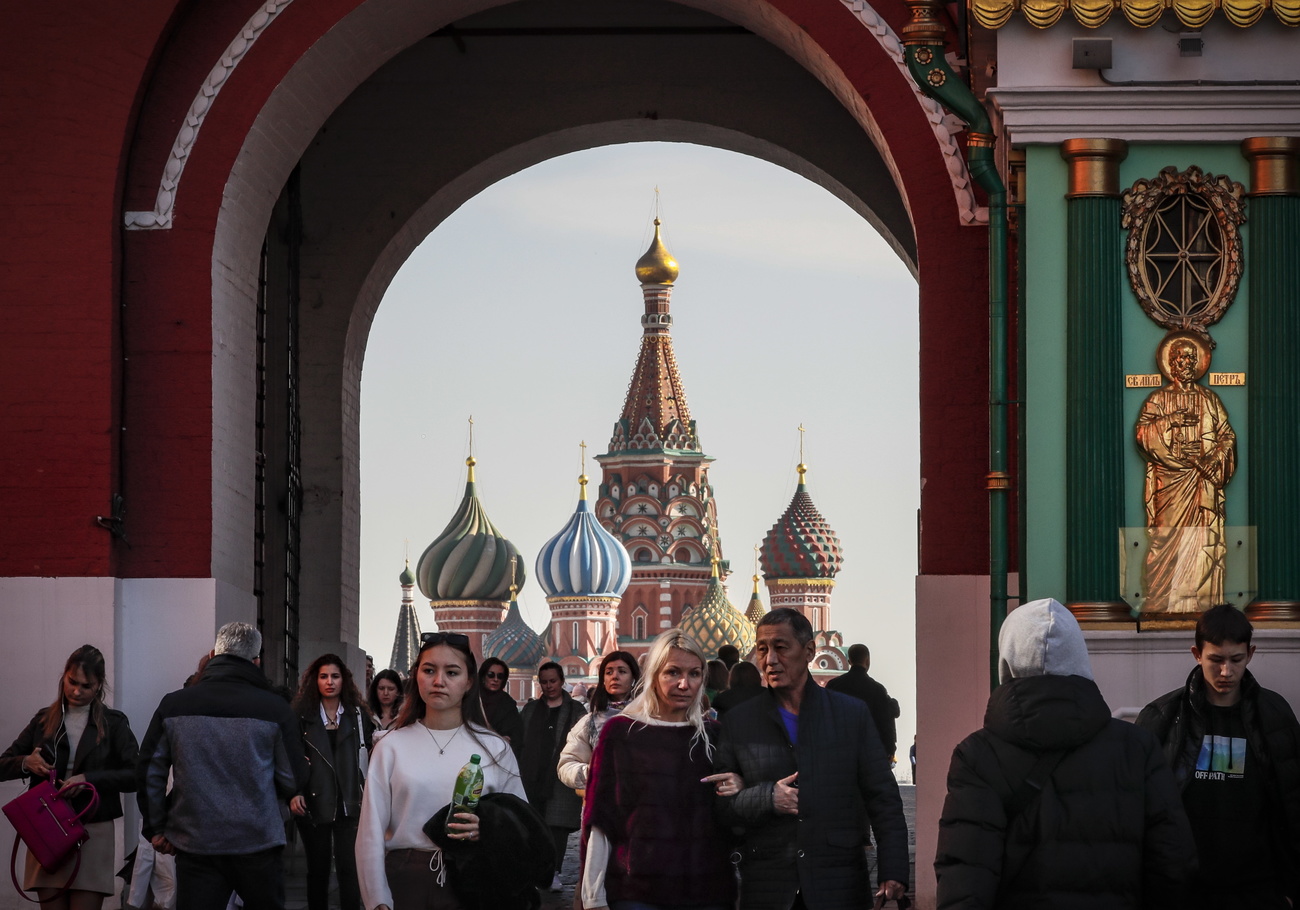
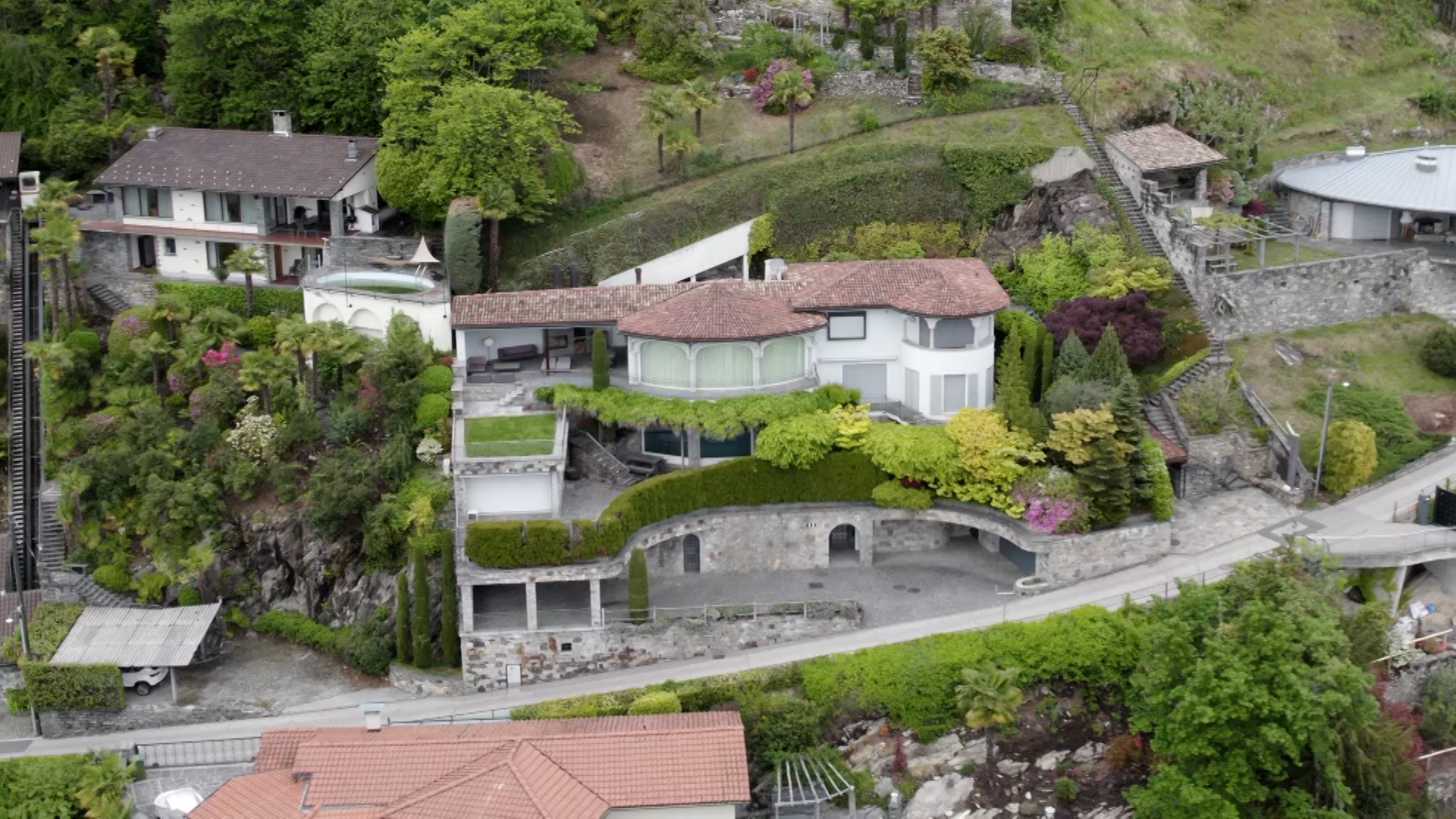
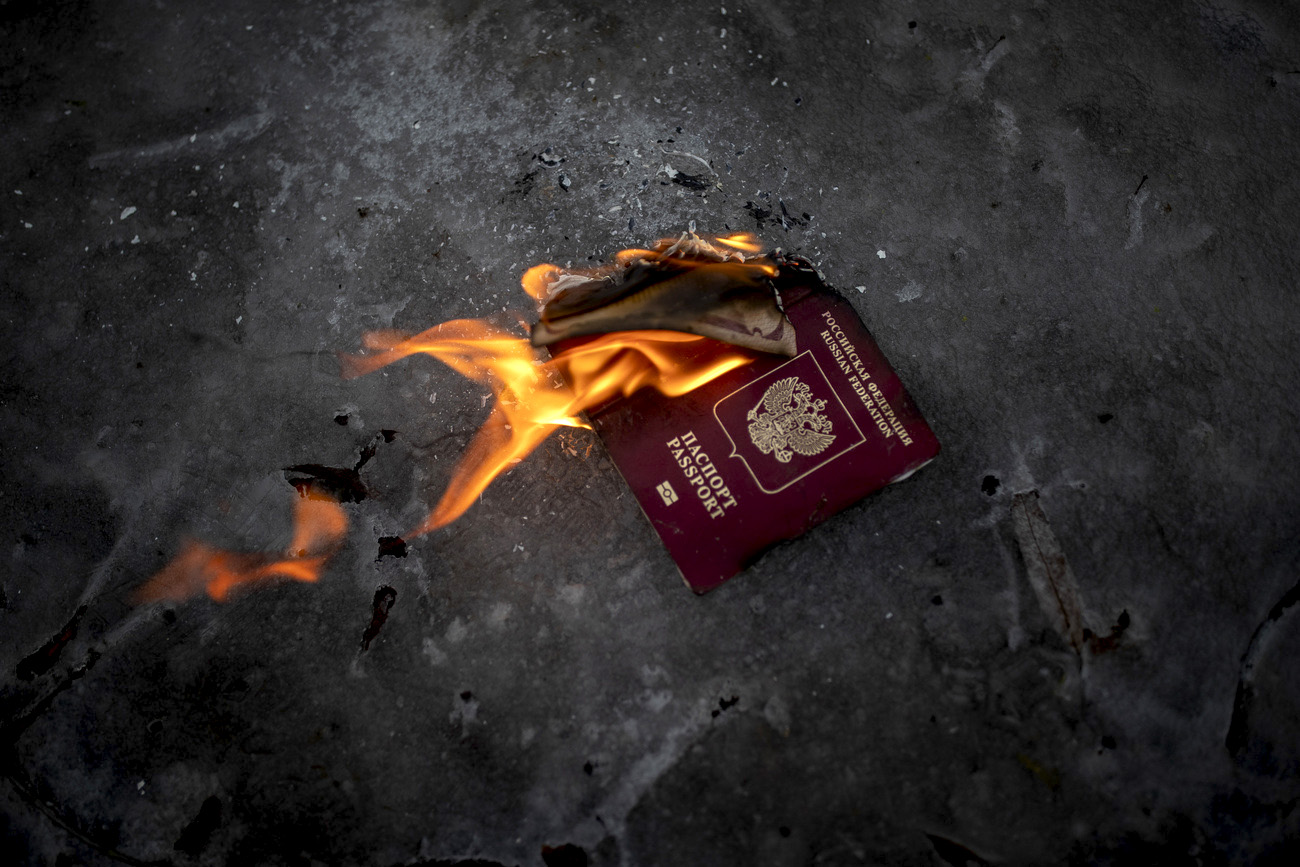
You can find an overview of ongoing debates with our journalists here. Please join us!
If you want to start a conversation about a topic raised in this article or want to report factual errors, email us at english@swissinfo.ch.